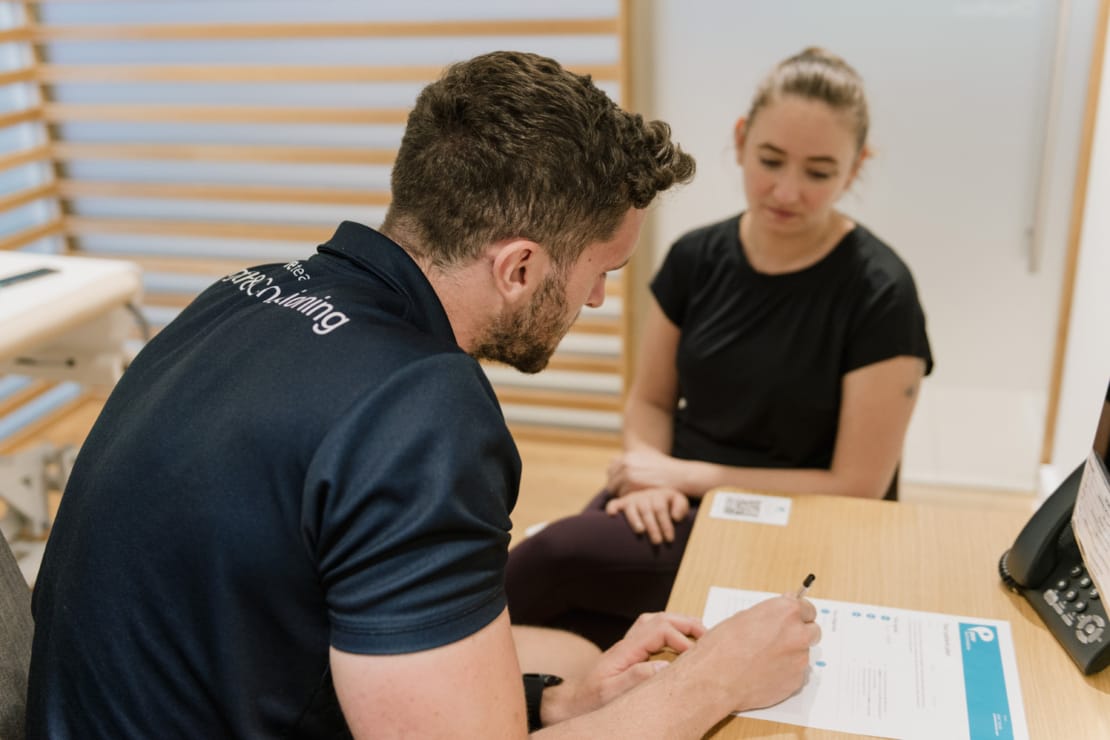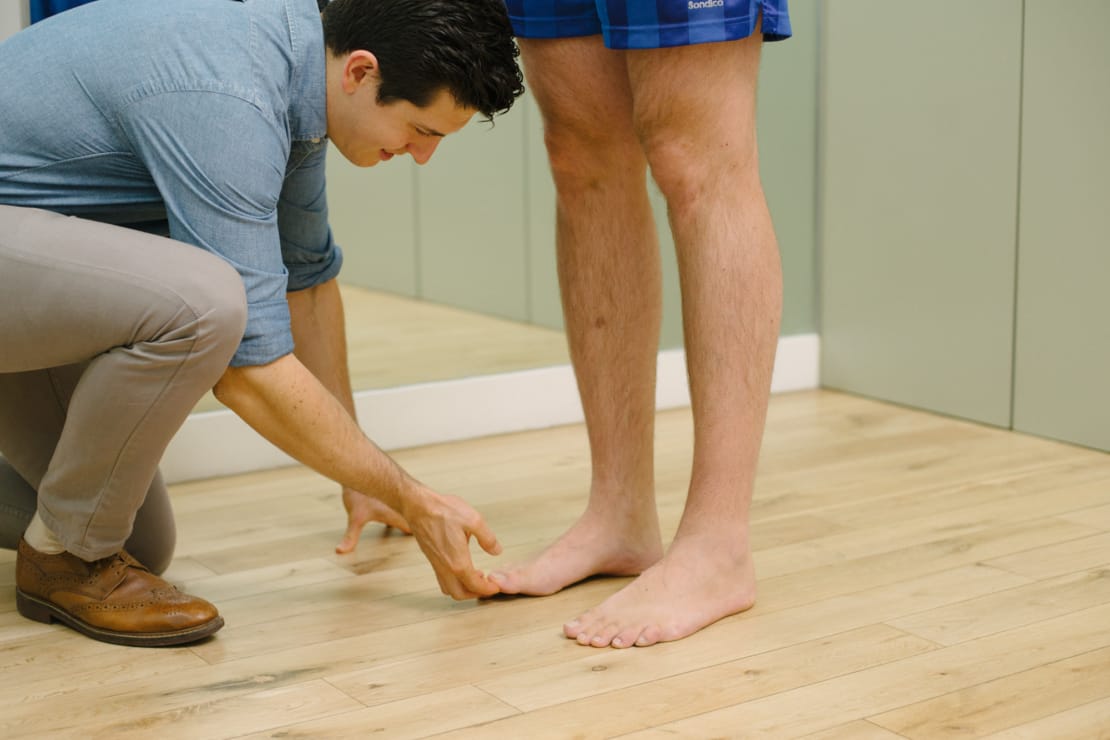Complex Trauma: Definition, Impact & Rehabilitation Strategies

Pure Sports Medicine
- 27 July, 2023
- Rehabilitation
- Pain Management
- 2 min read
Truth is there’s no formal definition but in common practice it’s used to describe a case where the patient has suffered multiple injuries of either different parts or different systems of the body.
As opposed to a single fractured leg, it might involve the addition of an arm injury, or soft tissue damage or organ involvement. Whilst each of these issues can be dealt with individually the reality is that all are likely to interact and affect the recovery of each other.
For example, a fractured leg may be ok for partial weight bearing to begin on crutches, but if an arm injury precludes you from using crutches that direction may be impractical.
So, the skill of the clinicians in complex trauma is identifying ways and means to commence rehabilitation in a structured and beneficial way that ensures all issues are accommodated in any plan and you can focus on making progress towards recovery without delay.
What makes it different to simple trauma?
Generally, if people suffer an injury to one limb or another it can often be relatively straightforward to prescribe a rehabilitation programme that will fit the majority of cases.
We see that in the various protocols for anterior cruciate ligament injuries, ankle sprains, etc. Once you injure several different areas the interaction between them can compromise the standard recovery process and often requires a more bespoke approach.
More significant injuries can also affect the body’s control systems, interfering with recovery and potentially leading to new conditions. They are also often associated with potential early and later complications which can derail a prescribed plan.
Having the awareness of how people respond to multiple injuries, experience in identifying and managing the various complications that occur, and importantly knowing which ones require specialist support is absolutely key to maximising outcomes and getting people back to the best of health.
This is so important, both for daily function and mental well-being, but also to maximise general health going forward. Things may be different post serious injury but that doesn’t mean you can’t get back to an active, healthy lifestyle.
How can we help?
We have a wide range of clinicians able to help. From rehabilitation doctors with longstanding experience of dealing with, and case managing major trauma cases after years spent in the military, to highly skilled physiotherapists able to manage a wide range of bony and soft tissue issues, to strength and conditioning practitioners used to dealing with optimisation of fitness in the context of significant injury, to a pain specialist able to assist with a wide variety of interventions, to an endocrinologist able to assess and medicate the multiple potential dysregulations of the hormone systems seen post-trauma.
We achieve this by working as a team to ensure timely and effective input to get you back to optimal function as soon as possible.
What next?
You can book an appointment with any of our team and if they feel that other members need to be involved, they’ll be happy to signpost you.
Or take advantage of the 15-minute free consult to discuss your situation with one of the team and we can give you an idea of how we might be able to help. Get in touch by calling us on 020 7788 7000, via email at [email protected] or you can speak to us on live chat at puresportsmed.com.

Advice
Over the last 20+ years our experts have helped more than 100,000 patients, but we don’t stop there. We also like to share our knowledge and insight to help people lead healthier lives, and here you will find our extensive library of advice on a variety of topics to help you do the same.
OUR ADVICE HUBS See all Advice Hubs

